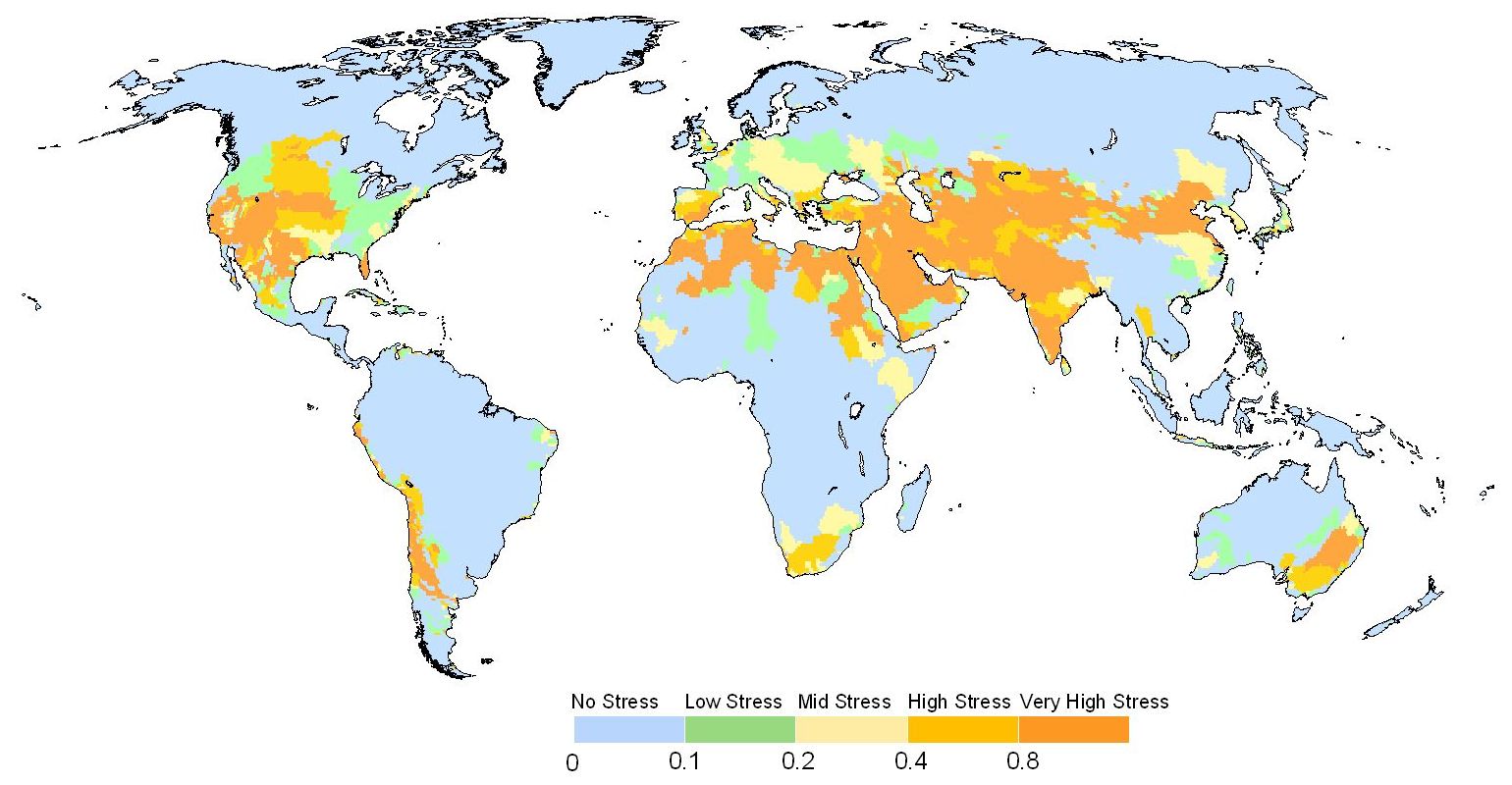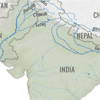
A billion people lack access to clean water. Water scarcity affects 1 in 3 people on every continent.
These are sobering – but not new – and chronic water problems. One hundred years ago, Katharine Coman published “Some Unsettled Problems of Irrigation” in the first issue of the American Economic Review. She used irrigation systems in the United States west of the one hundredth meridian to describe intricate collective-action problems. This was almost half a century before Hardin identified the so-called “tragedy of the commons” and associated theoretical and implementation problems related to common pool resource management.
The process of converting the desert into farmland demonstrated the challenges of achieving a collective good (in this case, building and running an irrigation system). In her reflections on Coman’s article, Elinor Ostrom summarized that “changing the formal governance structure of irrigation is not sufficient to ensure efficient investment in facilities or that farmers are able to acquire property and make a reasonable living. Building knowledge and trust are, however, essential for solving collective-action problems.”
-

Water stress is expected grow with population increase and climate change. Even in locations without significant water stress, competing demands for water demand creative solutions to address social, environmental, agricultural, industrial, and other goals. (Global water stress at the beginning of the 21st century as calculated by WaterGAP – Petra Döll/Creative Commons License/via Wikimedia Commons)
How do we begin to address these chronic collective-action problems like equitable access to water?
Today, it is easier to access information (think of Google) but information about water is not sufficient to address emerging water problems. We need a synthesis of “information” and “wisdom” to create actionable knowledge.
Today: A billion people are on Facebook and Twitter, and four billion texts change hands every day.
The power and potential of these “billions” are enormous! How do we engage the pervasive influence of billions who have access to both water and the web to help those who need more reliable access to the benefits of water? How do we cultivate connections to create a community to harness the power and potential of social media and collective wisdom of the crowd for water?
We need your help.
We understand it is not easy to create an effective network just by opening a website or creating a Facebook or Twitter presence! We want our Water Diplomacy Network to create and share knowledge and build trust for actionable water knowledge that can be shared across countries, regions and platforms to resolve water problems.
As a member of our network, you will (i) have an opportunity to nominate one member from your institution to participate in our Annual Water Diplomacy Workshop (every year, five candidates will be chosen and their workshop participation fee will be covered by the Water Diplomacy Network); (ii) be able to apply for travel grants (ten grants will be awarded every year) to have member(s) of your institution to attend and present water diplomacy related research, findings, case studies in national or international meetings. We will highlight these presentations on our Water Diplomacy website; and (iii) have the opportunity to feature your water diplomacy related research, findings, case studies – at least once a year – in our Water Diplomacy Blog Network.
Please help by joining our Water Diplomacy Network and suggesting ways we can begin this journey together to address some of the most pressing water problems of our time.



